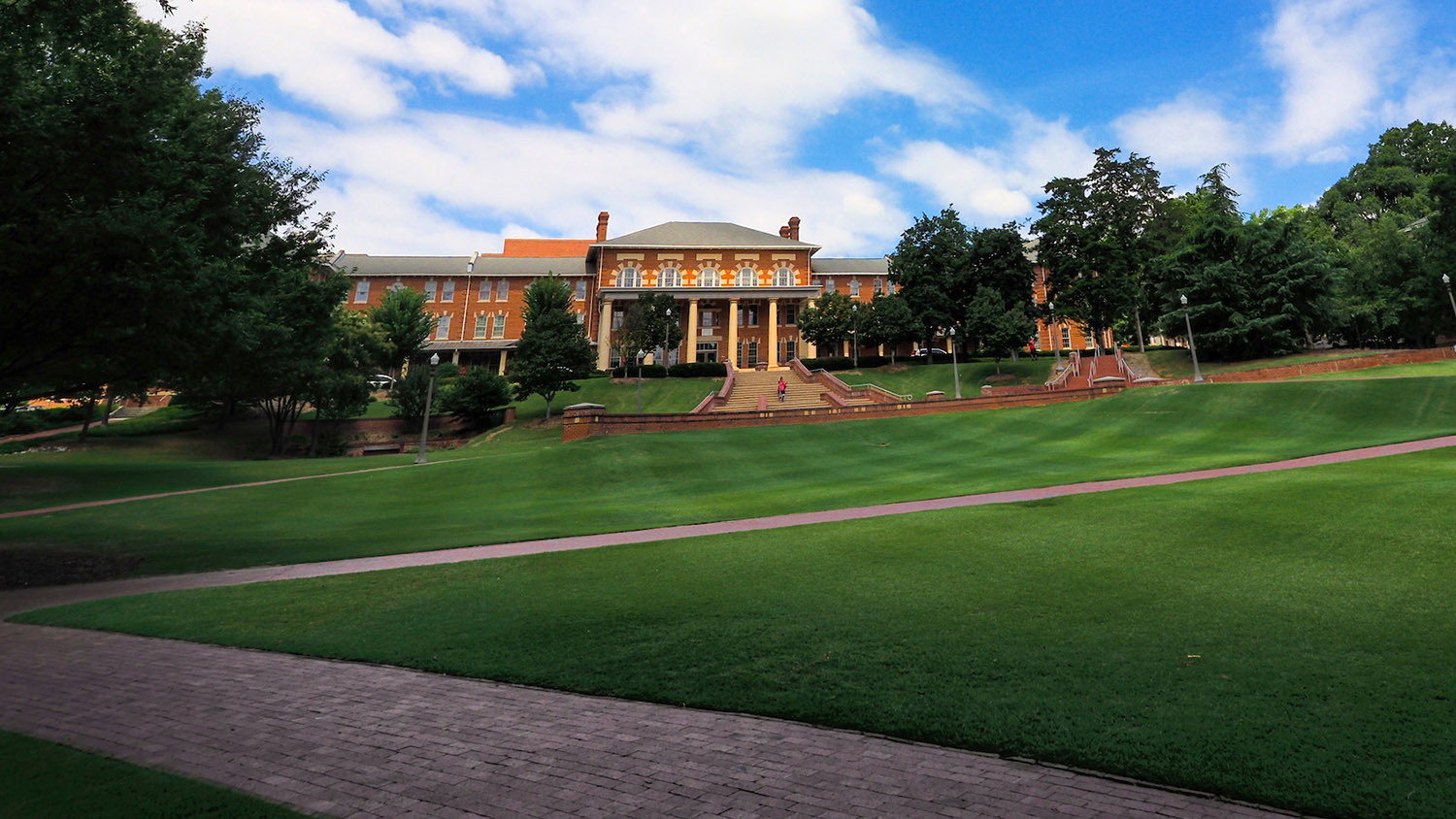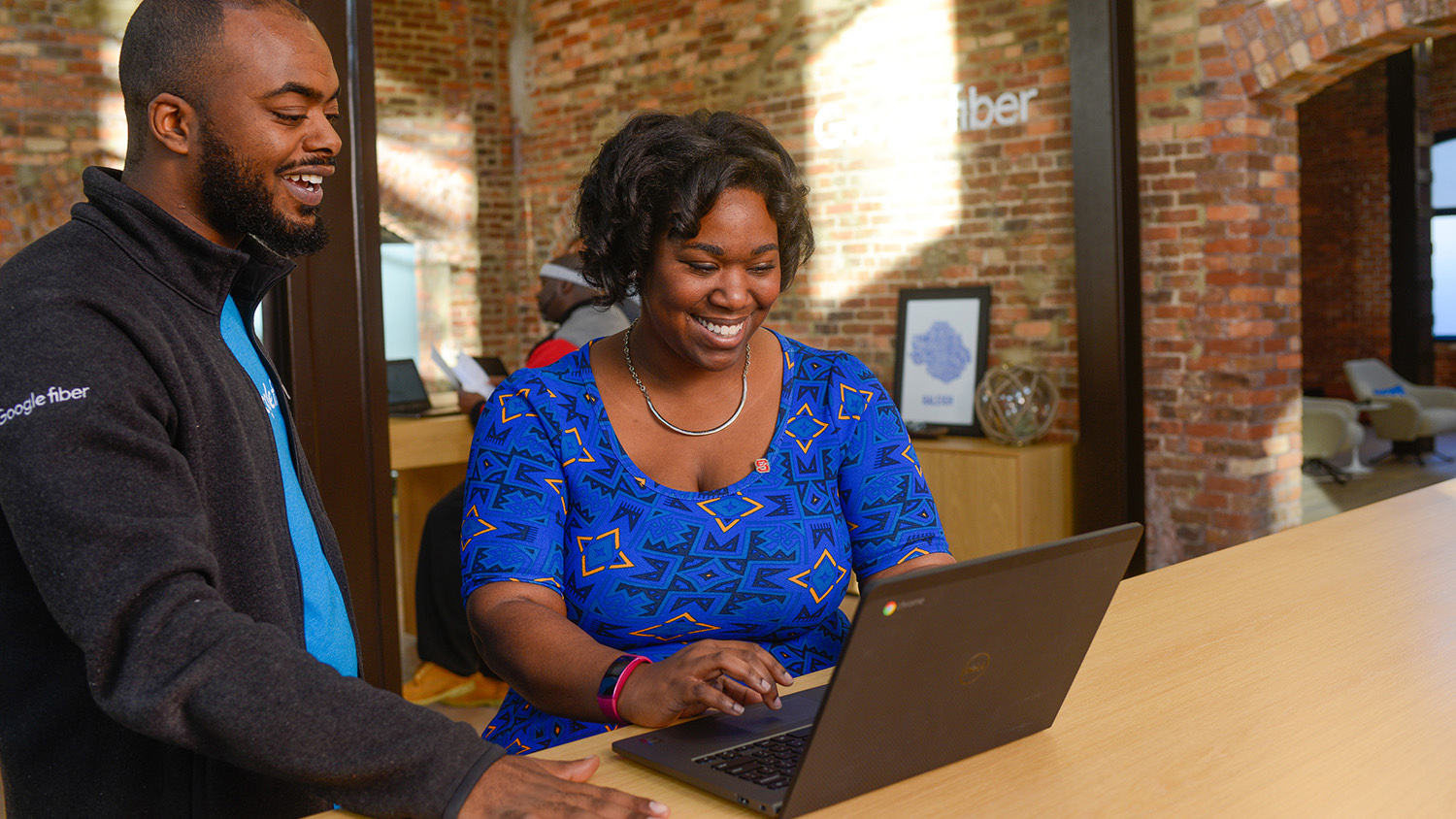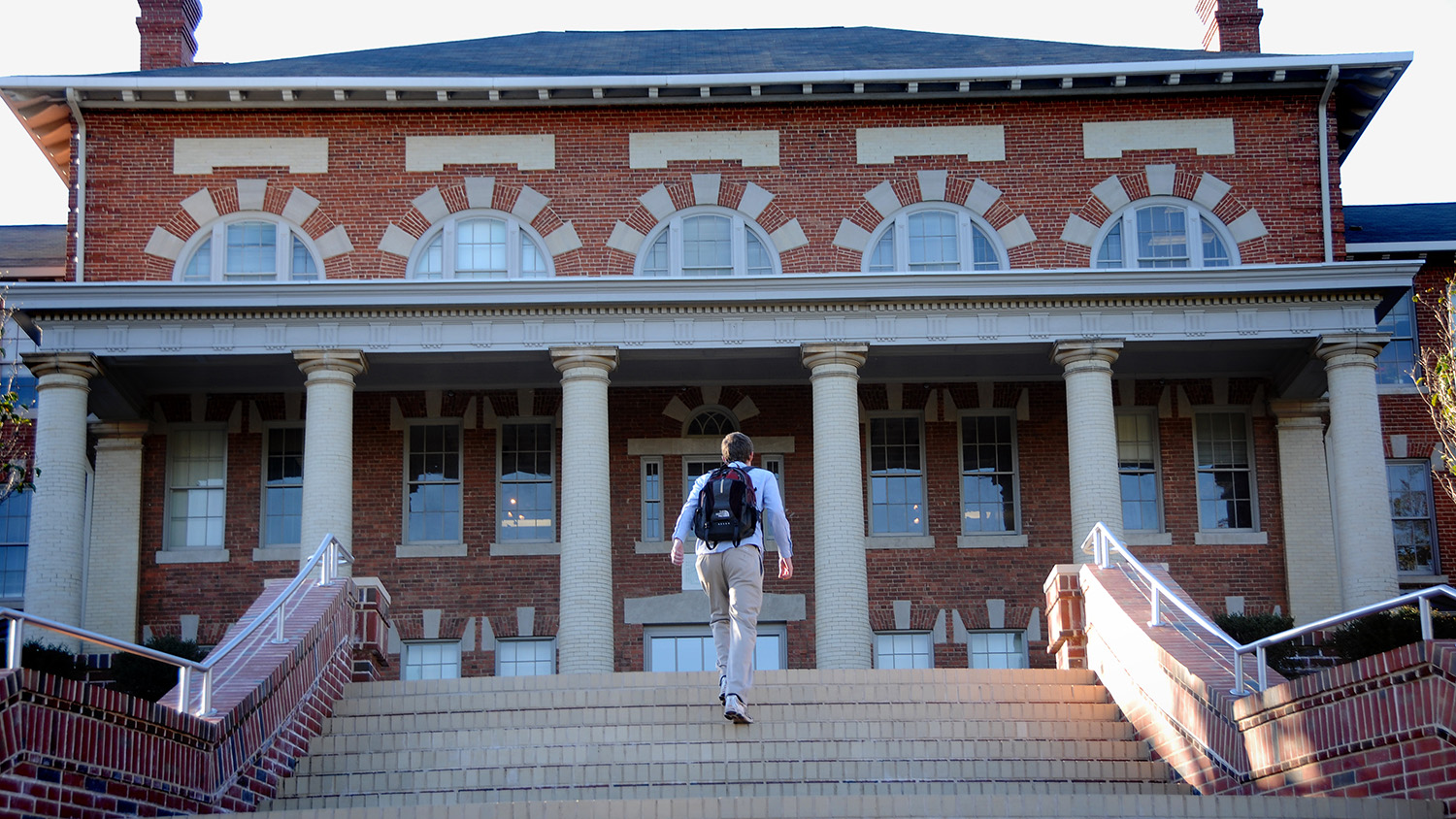
About Us
We study what it means to be human, to live in society, to create and recreate ourselves and our cultures.
At a Glance
Our work serves communities by informing and influencing areas such as poverty and inequality, archaeological science, school diversity, family issues, food environments, obesity, gender-related issues and criminal justice.
Our students study and practice in disciplines that critically analyze human society, culture and behavior. Undergraduates pursue studies in sociology, criminology and anthropology, either as a major or minor. At the graduate level, we offer a Ph.D. in Sociology and an M.A. in Anthropology, both of which prepare graduates for successful careers in teaching and research.
With about 25 full-time faculty, in addition to lecturers and instructors, we teach more than 9,000 students each academic year.
Academic Offerings
Our students take on challenges in the classroom, across the state and around the world. They examine the stressors that impact families, communities and cultures. They participate in archaeological digs in Cyprus and Thailand.
Some study the effects of tourism in Guatemala; others, the effects of climate change in West Virginia. And still more use our state-of-the-art anthropology labs to find new meanings in ancient sherds and artifacts. Our students, in short, are curious, determined and focused.
Undergraduate Degrees
Graduate Degrees
Outstanding Alumni

Faculty Expertise
Our faculty are distinguished leaders in their fields. They’re scholars, researchers and teachers who uphold and extend NC State’s think and do mantra.
We’re home to sociologists who explore labor markets, food systems, sustainable development, inequality, rural sociology, family issues, gender and race. We also boast accomplished anthropologists and archaeologists who study how migration, politics, environmental changes, economic circumstances, and other factors affect communities past and present.
Regardless of their specific area of inquiry, our faculty are united in their efforts to share their expertise — with students, with North Carolina citizens, and with the world.
